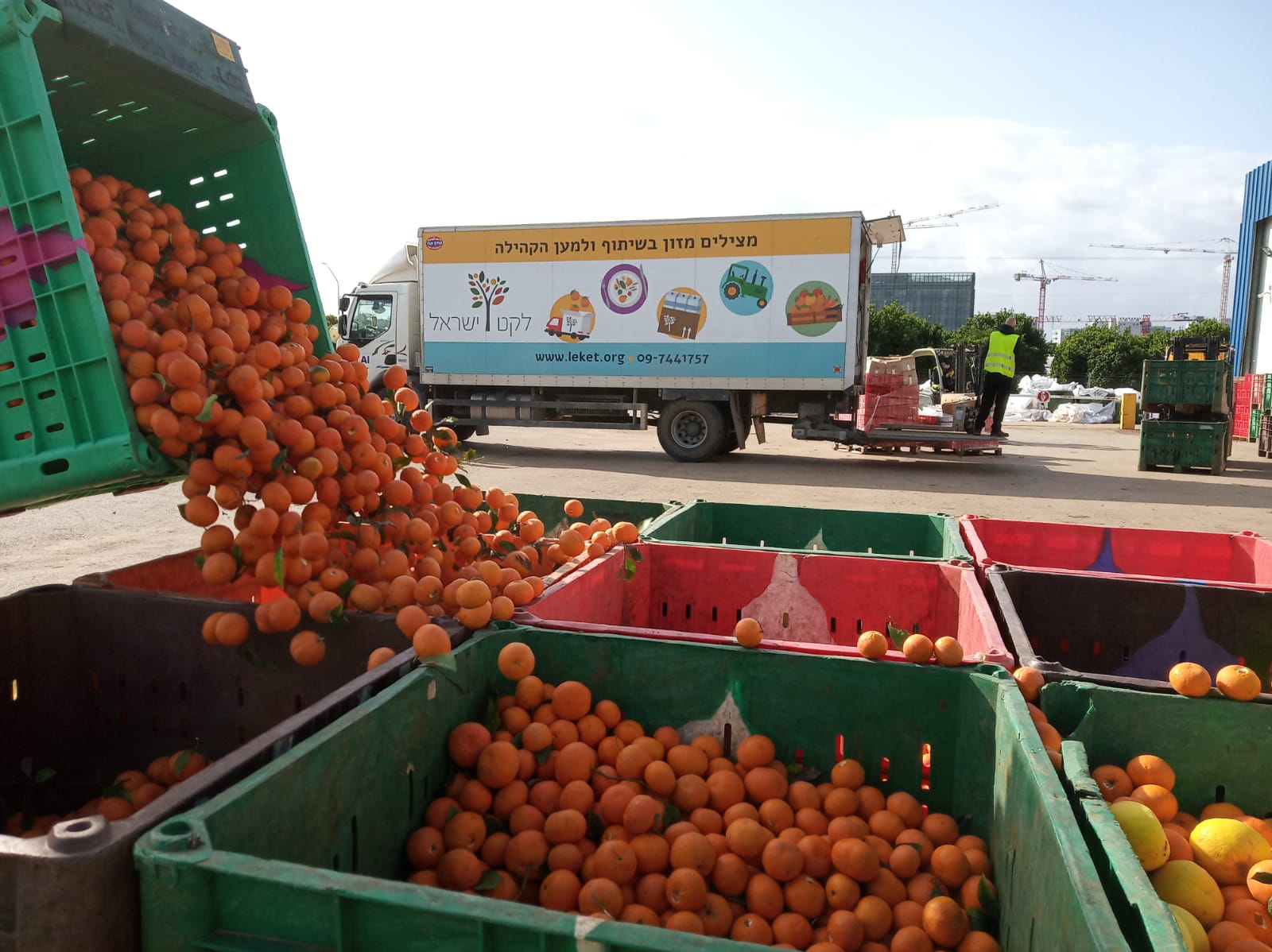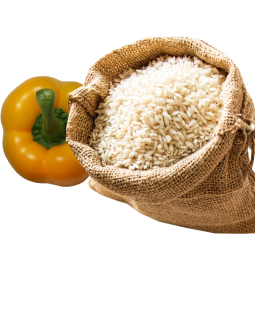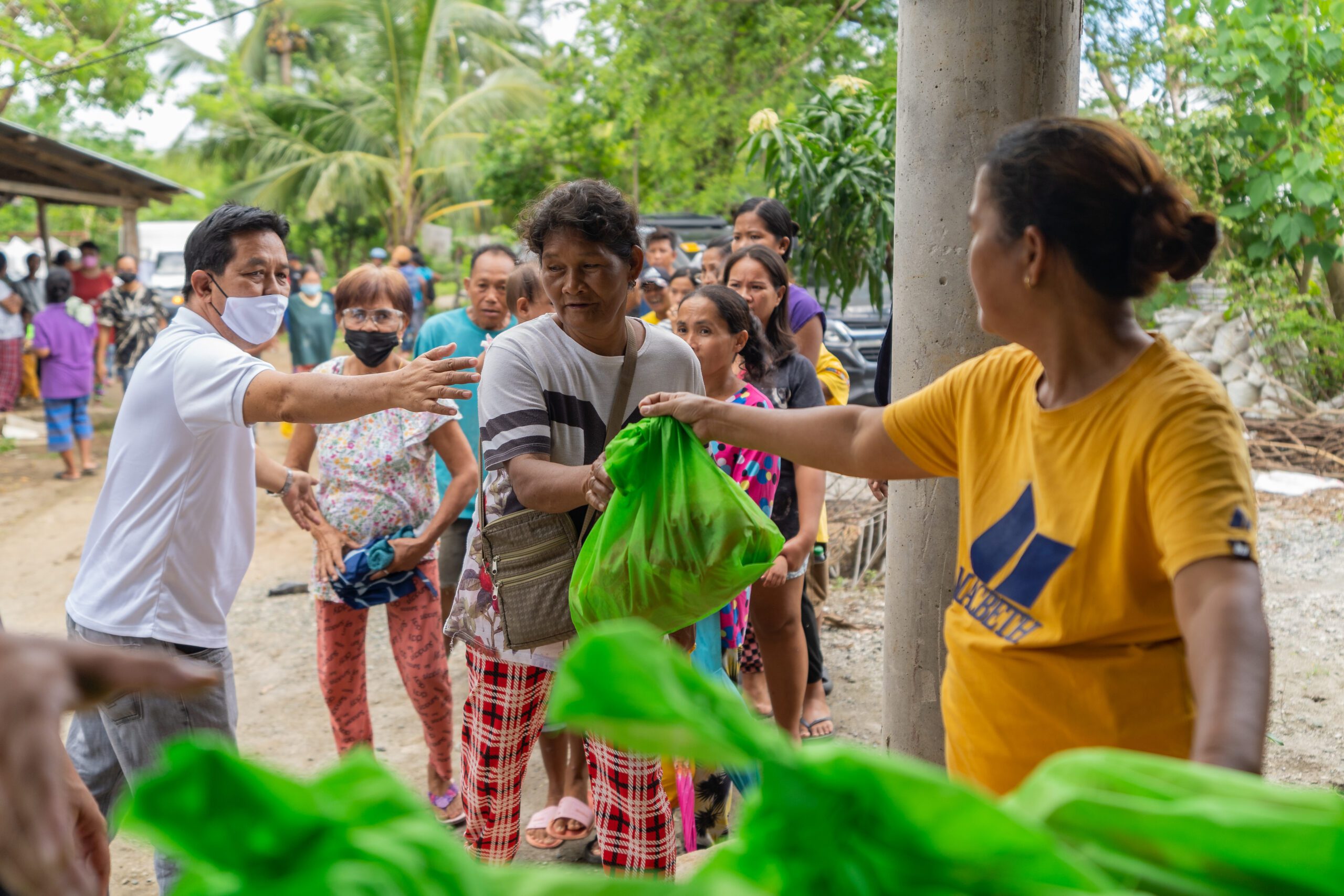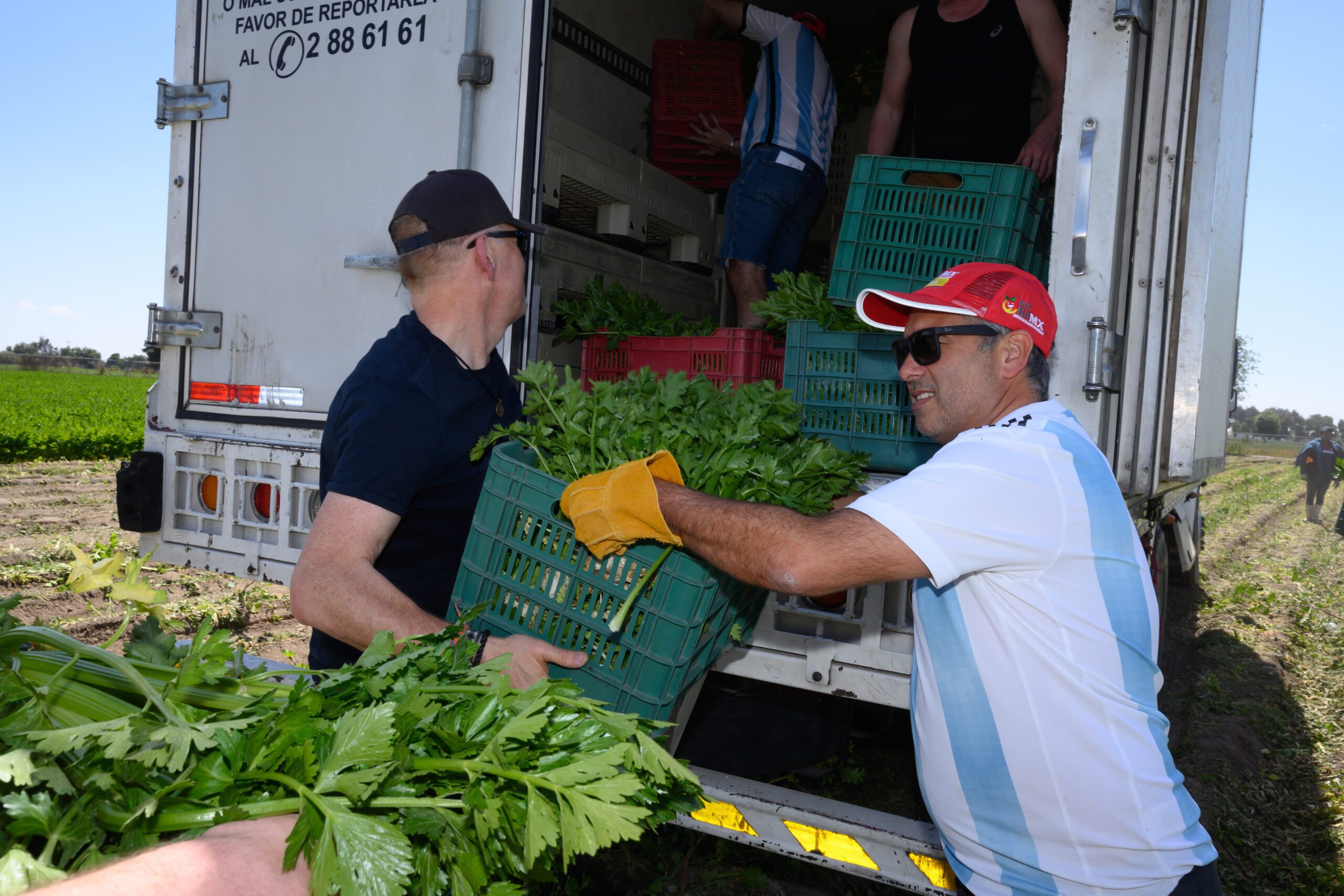For many people around the world, and especially those living in lower- and middle-income countries, the impacts of climate change have become an undeniable reality. Disasters like droughts, floods, earthquakes, and heat waves, are becoming more frequent and intense. These extreme weather events are having significant impacts on our food systems and food security threatening food production, quality, accessibility, and more.
The relationship between food systems and climate change is circular and reciprocal: our food systems can contribute to climate change, too. Approximately one-third of global greenhouse gas emissions are attributed to food systems, which includes emissions generated by land use, agricultural production, the food supply chain, food waste, and more. This, in turn, worsens climate change and makes it more difficult to grow and access food.
Given that approximately 828 million people are facing hunger today, the impact of climate change on our food systems is a serious and catastrophic threat. However, community-led food banks around the world are addressing both these issues and are a green solution to improving food access while mitigating climate change. Read on to learn some of the ways food banks around the world are innovating to reduce food loss and waste, promote sustainable food systems, and drive high-level climate action.

Reducing Food Loss and Waste
Core to the food banking model is the recovery of wholesome surplus food and direction to those who need it. By recovering food that might have otherwise been lost or wasted, food banks are preventing billions of kilograms of greenhouse gases (GHG) from entering the atmosphere. Here are some unique ways that food banks are recovering surplus food in their communities:

Supporting Local Food Systems
The most resilient food systems are rooted in local contexts, environments, and communities. Many food banks are working to create sustainable food systems by sourcing and distributing locally grown food. Small-scale farmers often rely on traditional farming practices that promote conservation and biodiversity, and by partnering with them to secure food, food banks support the local food economy. What’s more, greenhouse gases are mitigated by reducing the distance that food travels to get to people who most need it.
Driving Awareness and Climate Action
Because the food banking model is uniquely positioned to address food waste and climate change, food banks can leverage their partnerships to mitigate climate change systemically. By engaging individuals, companies, and policymakers to adopt policies and make commitments to reduce food waste, food banks are helping to create a more sustainable and climate-resilient future. While food banking can help the world get back on track with our climate and hunger goals, it will take cooperation from all stakeholders to achieve progress.
Climate change is one of the most pressing issues facing the world today and will continue to affect food systems and livelihoods around the world. Now more than ever before, it is critical to recognize the role food banks play in mitigating food loss and waste and alleviating hunger.



